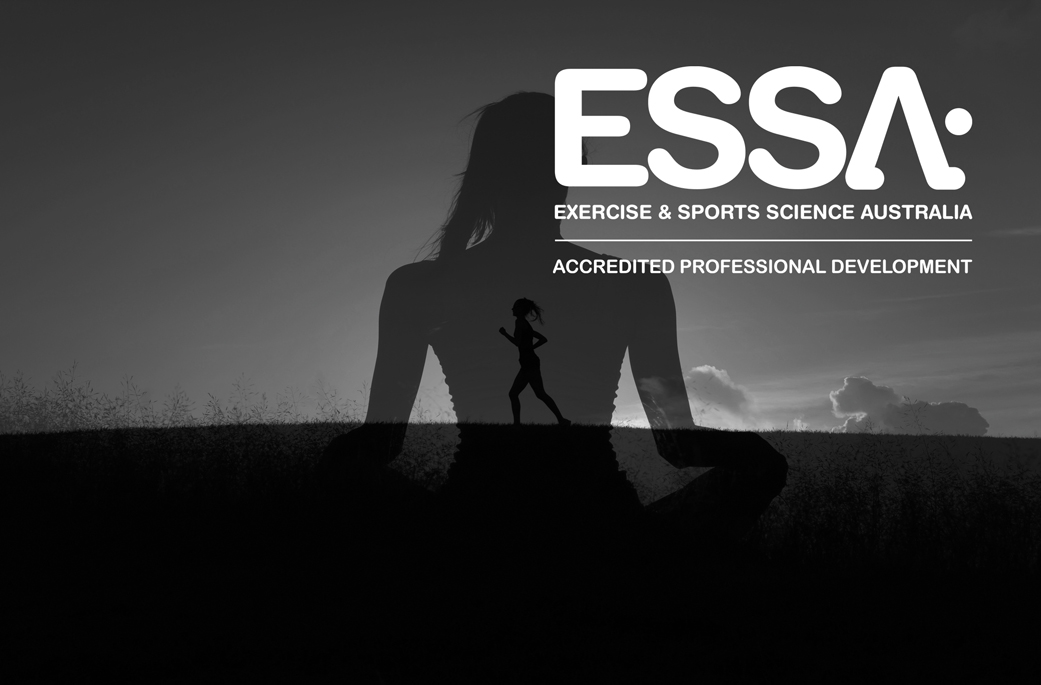Read time: 3 minutes 3 seconds
If you want to be effective, get simple, get clear,
take action and don’t stop.
Performance, enjoyment, wellbeing, all the things that we are trying to cultivate in our lives and our teams are underpinned by one simple concept;
Energy.
Specifically, how much we can produce and how consistently we can do it.
If we have an abundance of energy available to us, and we direct it purposefully, there is very little we cannot achieve, even given a short timeframe.
This is what a great many of our biological processes are geared towards because without energy, we simply would not be.
We turn food into energy, we sleep to replenish energy, we exercise to increase our capacity to produce energy, we even have sex in order to produce beings who can increase the amount of energy we can put towards tasks (mostly).
Energy, then, is what we’re trying to obtain more of, and the things that produce it should be prioritised above all.
If you can do this for yourself, and help your people to do this as well, so many of the issues you’re seeing in your workplace – lack of performance, absenteeism, presenteeism, burnout – would greatly diminish, if not cease altogether.
The question then becomes, how do you do this simply and reliably?
Well, there’s not one single answer to this, but there is an astonishingly simple framework you can use to get you started.
Complete this yourself and encourage your staff to go through it and, once they do, adjust your work environment to accommodate the answers they come up with.
How it works:
This framework outlines both the ideal and minimum requirements of a person to reliably produce energy over a long period of time.
Each person answers each section honestly and then adjusts their routine and environment accordingly.
The a’s are the ideal and what will help to produce a person’s best results.
The b’s are the non-negotiables and should not be breached if burnout and exhaustion are to be avoided.
Come up with your answers, strive to get as many a’s as you can and don’t dip below your b’s or everything will suffer.
1.a. How much exercise would you ideally like to get each week?
1.b. What is the least amount of exercise you need in a week to feel good, fit and strong?
2.a. How much sleep would you ideally like to get each night?
2.b. What is the least amount of sleep you need each night to feel good each day?
3.a. How much you/recharge time would you ideally like to get each week?
3.b. What is the least amount of you/recharge time you need in a week to feel good and rested?
4.a. What would you ideally like to do each week to help you feel good enough to take on all the challenges of life effectively?
4.b. What do you feel you need to do each week to help you feel good enough to take on all the challenges of life effectively?
Once you have been through and answered each question, adjust your daily and weekly activities to ensure you are hitting your ideal markers (your a’s) and are at the very least hitting the minimums (your b’s) you yourself have stipulated.
If you don’t, by very definition your health will decline and you will eventually burn out.
It’s not an if, it’s a when.
This is a very simple but effective framework and will hopefully get you and your people thinking about how your work and life is structured and what you need to do in order to be at your best not just for now, but for the rest of your working lives.
For more info on this, or anything else health and wellbeing, book in for a chat here or send me an email at [email protected].
Question
How many a’s are you hitting each week? How often are you dipping below your b’s







